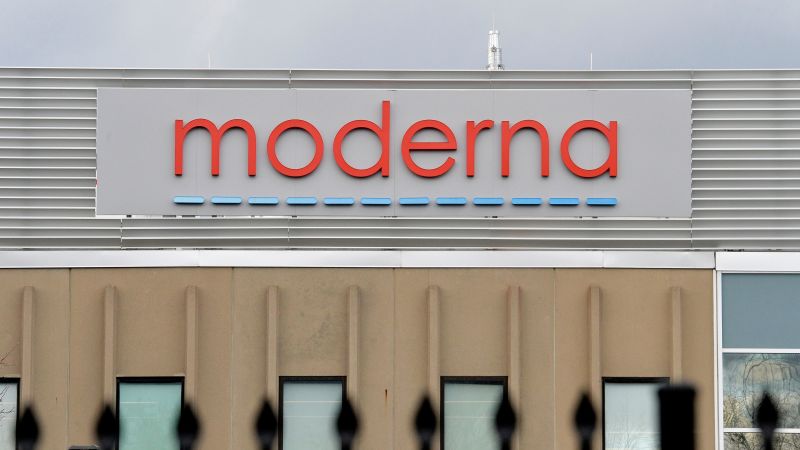- Joined
- Sep 4, 2019
- Messages
- 100
- Reaction score
- 199
Full disclosure: I am a PGY3 medicine resident who did not match HemOnc this year and plan to do chief year or hospitalist for a couple year to apply again later.
Recently I went to a social event by the hospital for "better collegial environment", I was talking about my woe to a friend from med school who matched to Rad-Onc (presently PGY3). I seemed to touch a nerve and the dude just unloaded on me on "be thankful that you can at least get a job in a tolerable place with good schedule and expected salary of 300k", my graduating class is struggling to even get 300k in a dead-beat place and will probably be pummeled by the admin and it will likely be worsened in a couple year". I wisely shut up and talked about the latest episodes of the Crown on Netflix...
Have I missed something since I graduated from med school in the ancient year of 2020? I remembered that Rad-Onc was up there in competitiveness with researches and some event comes with PhD. That friend of mine was one of the smartest person I know too! Is my friend here just catastrophising everything like all neurotic medicine people we all are or I just have completely missed something?
As someone who is hoping to apply to HemOnc again, I know that HemOnc has a very good job market so I am not sure why RadOnc would be any different...
I apologize, if by my ignorant, I just insulted a specialty... but I still remember that RadOnc was the most competitive when I was in med school just 3 years ago!
Recently I went to a social event by the hospital for "better collegial environment", I was talking about my woe to a friend from med school who matched to Rad-Onc (presently PGY3). I seemed to touch a nerve and the dude just unloaded on me on "be thankful that you can at least get a job in a tolerable place with good schedule and expected salary of 300k", my graduating class is struggling to even get 300k in a dead-beat place and will probably be pummeled by the admin and it will likely be worsened in a couple year". I wisely shut up and talked about the latest episodes of the Crown on Netflix...
Have I missed something since I graduated from med school in the ancient year of 2020? I remembered that Rad-Onc was up there in competitiveness with researches and some event comes with PhD. That friend of mine was one of the smartest person I know too! Is my friend here just catastrophising everything like all neurotic medicine people we all are or I just have completely missed something?
As someone who is hoping to apply to HemOnc again, I know that HemOnc has a very good job market so I am not sure why RadOnc would be any different...
I apologize, if by my ignorant, I just insulted a specialty... but I still remember that RadOnc was the most competitive when I was in med school just 3 years ago!

